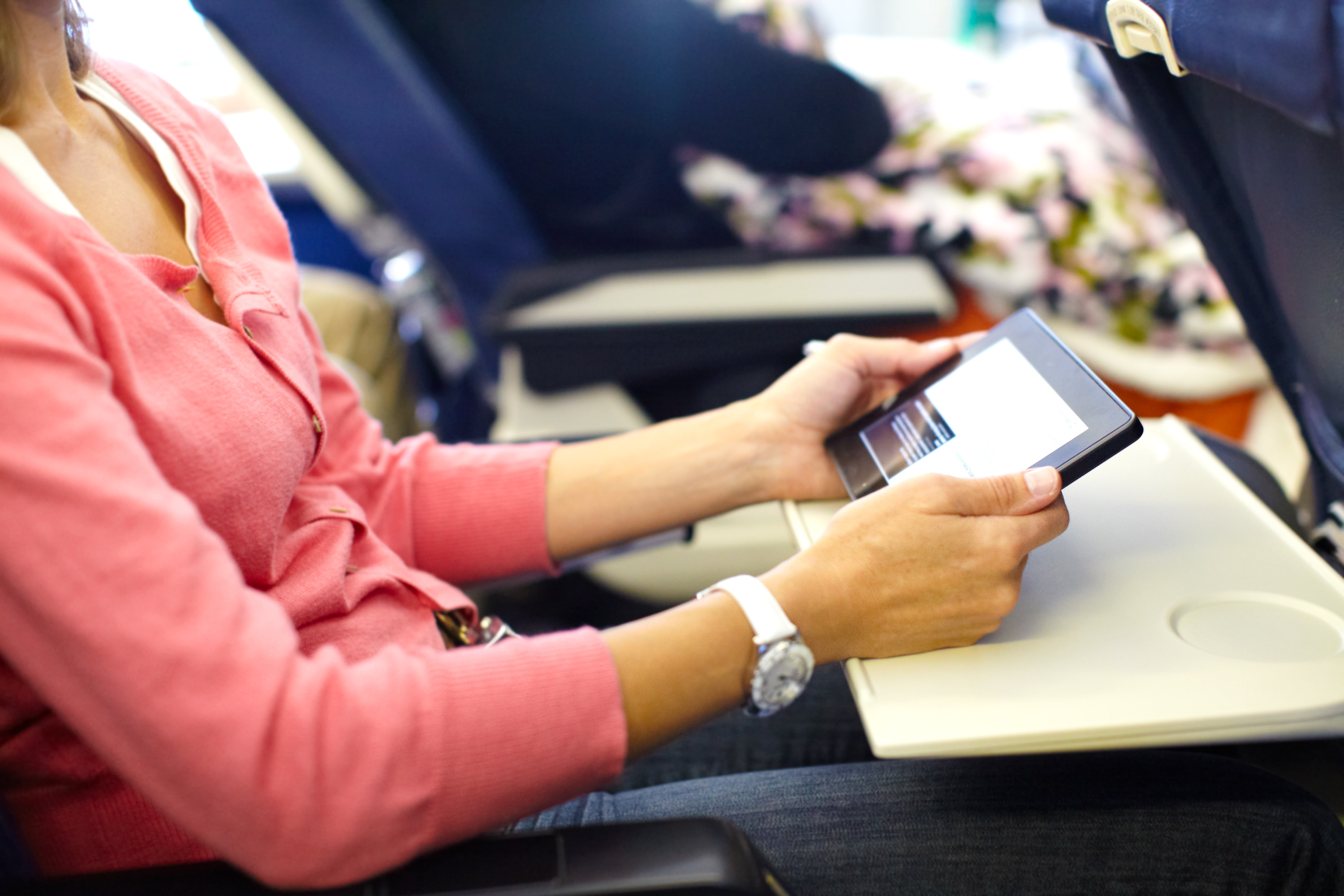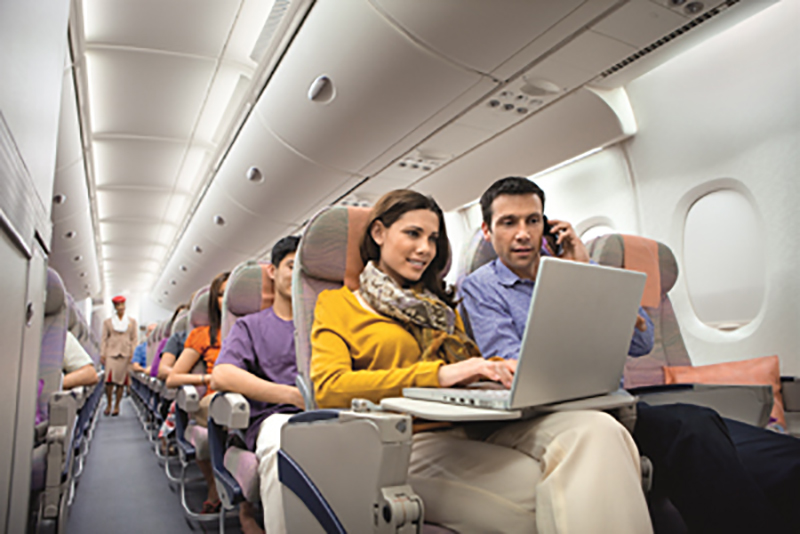Business flyers find Wi-Fi more important than food
Business travellers in airports don’t want first class restaurants – they just want a decent Wi-Fi connection.

Frequent business travellers believe that Wi-Fi connectivity is more important than basic needs such as food.
Nearly half (47 per cent) of frequent flyers said that Wi-Fi was the most important need in an airport, which outscored other basic requirements like food by more than 30 per cent
This was according to a survey by HP and American Airlines, which looked at 1,582 respondents who had taken more than 20 trips a year on three or more airlines.
More than 90 per cent of those surveyed were using a laptop and a phone, and if inflight Wi-Fi was enabled, around 70 per cent would use their laptop as the primary device for working - a much bigger percentage than the 20 per cent who would use phones.
While some European airlines such as Ryanair are allowing flyers to use mobile phones during flights - which IT PRO readers weren't particularly happy with - the survey suggests that Wi-Fi could be a more useful option for business travellers.
However, the poll also found that business travellers found it difficult to work on a plane, as only around half of those surveyed did so compared with the 85 per cent who worked at the airport although this could partly be due to the lack of connectivity.
Flyers were also unhappy with the lack of power, with around 68 per cent stating that a dead battery or a place to plug in were their biggest complaints.
Get the ITPro daily newsletter
Sign up today and you will receive a free copy of our Future Focus 2025 report - the leading guidance on AI, cybersecurity and other IT challenges as per 700+ senior executives
-
 The Race Is On for Higher Ed to Adapt: Equity in Hyflex Learning
The Race Is On for Higher Ed to Adapt: Equity in Hyflex LearningBy ITPro
-
 Google faces 'first of its kind' class action for search ads overcharging in UK
Google faces 'first of its kind' class action for search ads overcharging in UKNews Google faces a "first of its kind" £5 billion lawsuit in the UK over accusations it has a monopoly in digital advertising that allows it to overcharge customers.
By Nicole Kobie
-
 In-flight Wi-Fi for Europe and the Middle East fails to meet passenger demand
In-flight Wi-Fi for Europe and the Middle East fails to meet passenger demandNews Demand for in-flight Wi-Fi connectivity is found to be higher in Europe and the Middle East than the US
By Caroline Preece
-
 Emirates want to make airline Wi-Fi free for all
Emirates want to make airline Wi-Fi free for allNews The airline says it faces a number of hurdles before the service can be offered at no cost
By Clare Hopping
-
 Government promises faster Wi-Fi on trains by 2018
Government promises faster Wi-Fi on trains by 2018News £90 million will be invested, part-funded by fines imposed on National Rail for poor service
By Clare Hopping
-
 British Airways to implement on-board Wi-Fi on domestic routes
British Airways to implement on-board Wi-Fi on domestic routesNews In-flight internet will be available within the next three years using satellite technology
By IT Pro